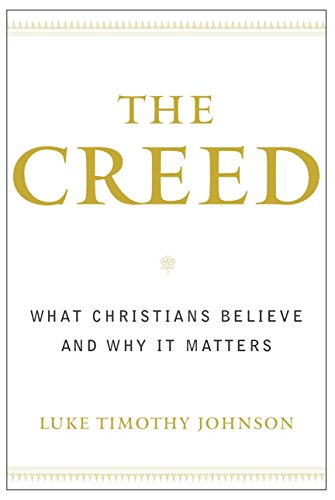The Great Divorce, Ch. 12-14, pt.1
Lewis’s teaching is that if we can begin to wrap our heads around the idea that the movement of time is simply an illusion, then the stark difference between creation/annihilation, universalism/election, and predestination/freedom disappears.
The Great Divorce, Ch. 12-14, pt.1 Read More »


